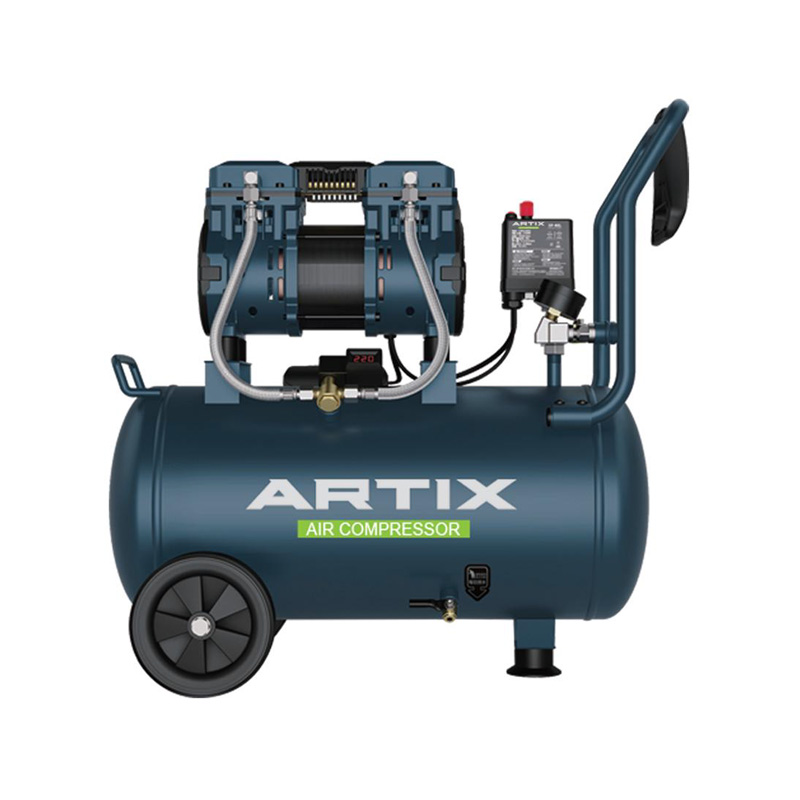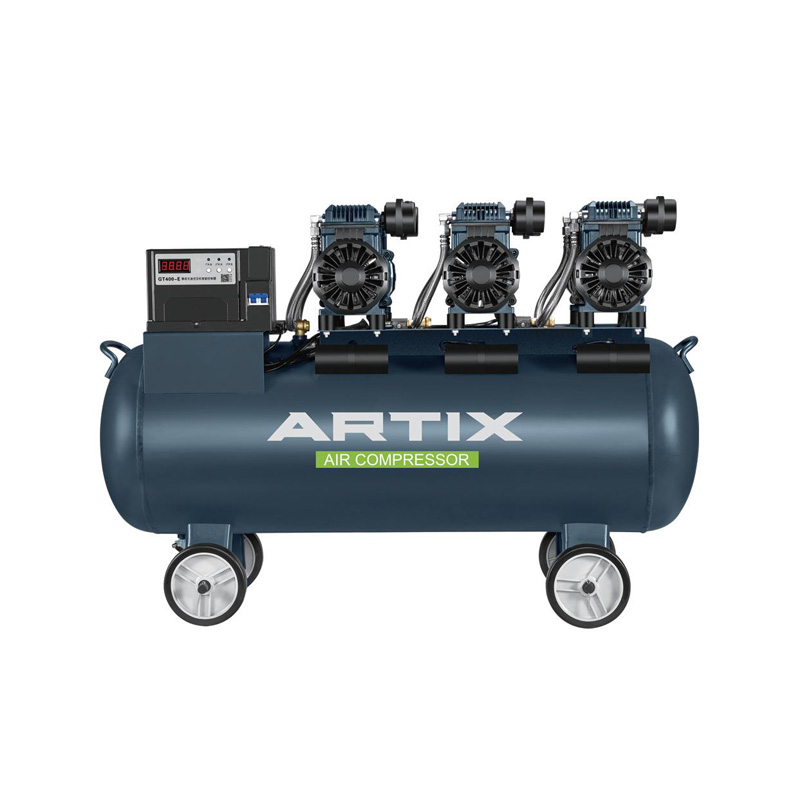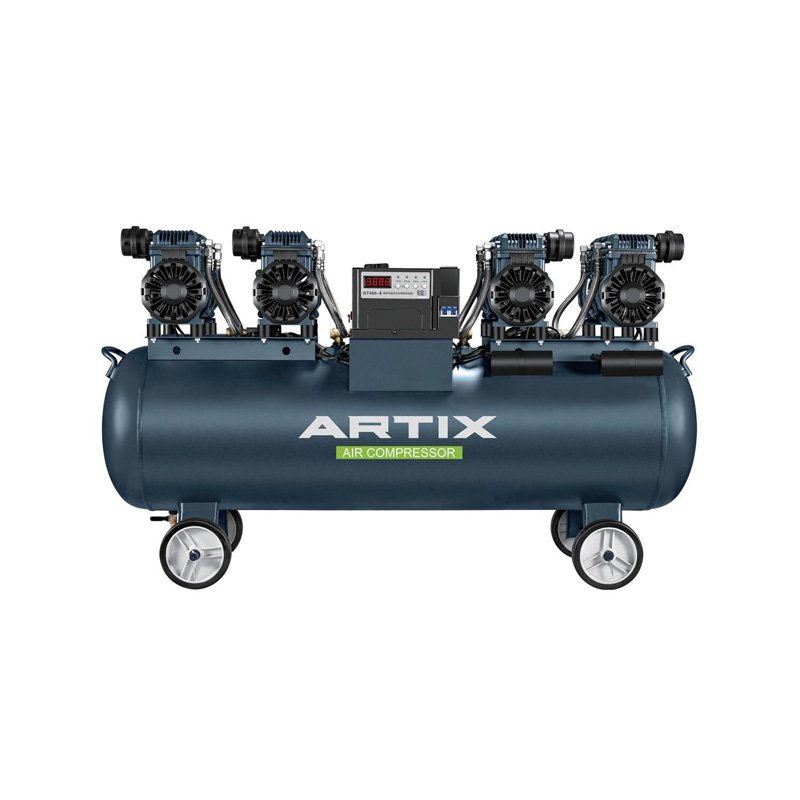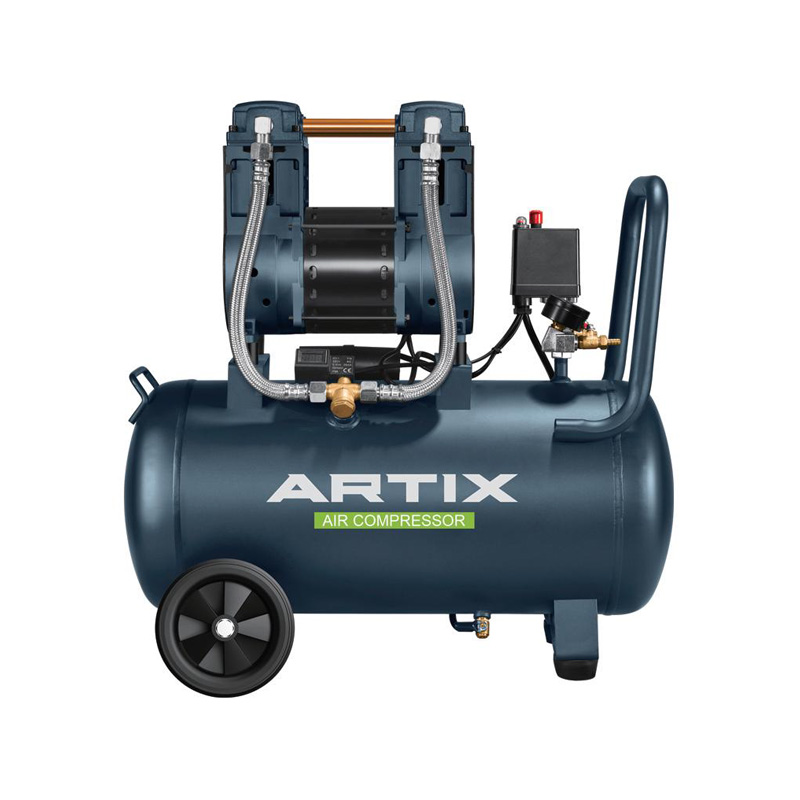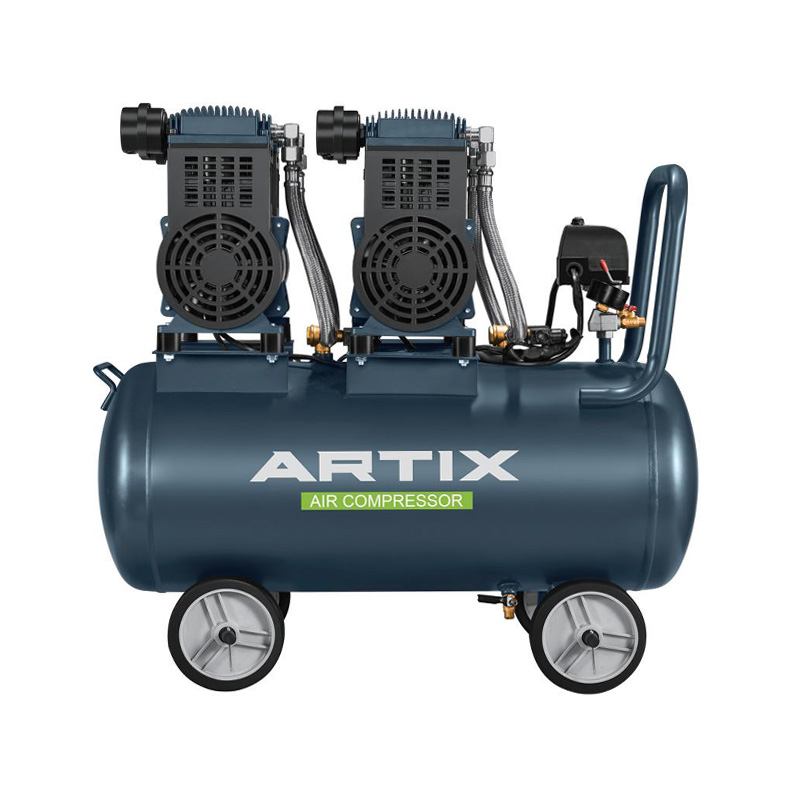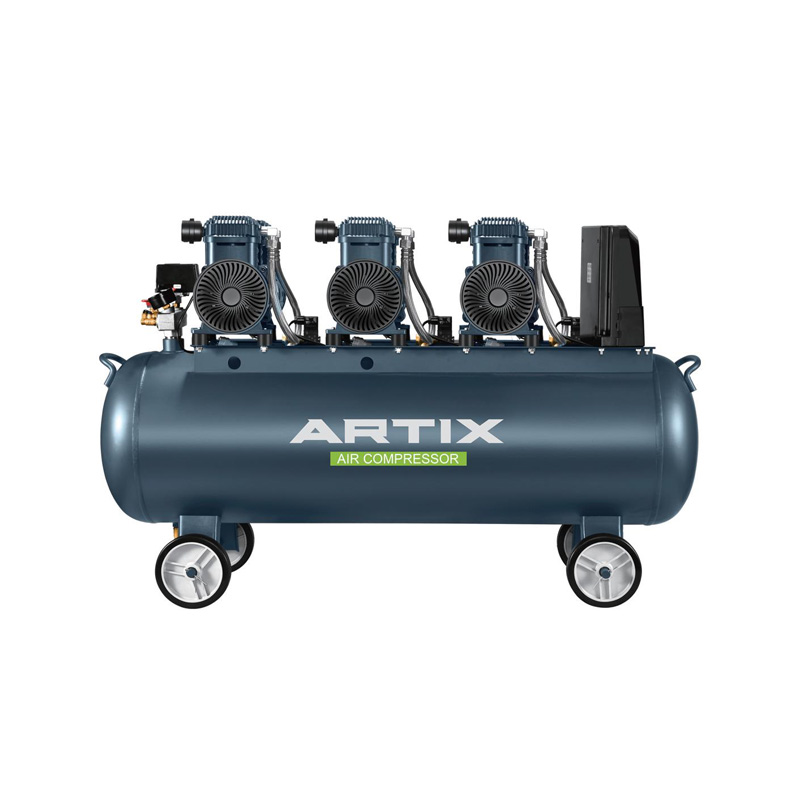From small workshops to large manufacturing plants, air compressors, such as 8L compressors, 380V compressors, and electric-driven air compressors, are essential for powering various tools and equipment. However, with great power comes great responsibility, as air compressors must meet specific industry regulations and standards to ensure safety, efficiency, and environmental sustainability.
1. Understanding Air Compressor Standards
Air compressors, whether electric-driven or powered by other energy sources are governed by strict regulations. These standards not only protect the workers using the equipment but also ensure that the machines are performing at their designed capacity while less energy consumption and emissions. Regulatory bodies like the American Society of Mechanical Engineers (ASME), the International Organization for Standardization (ISO), and the European Union have established guidelines to ensure air compressors comply with safety, environmental, and performance standards.
2. Electric-Driven Air Compressors and Safety Regulations
Electric-driven air compressors are widely used across industries due to their reliability and efficiency. These systems, powered by electricity, need to meet specific electrical safety standards, such as the IEC (International Electrotechnical Commission) and UL (Underwriters Laboratories) certifications. These standards focus on electrical wiring, grounding, insulation, and circuit protection. Compliance with these regulations ensures that electric-driven compressors operate safely, preventing electrical hazards and reducing fire risks.
Another critical standard for electric-driven air compressors is the ISO 8573 series, which sets guidelines for air quality. This standard helps industries maintain clean air systems by specifying the acceptable levels of contaminants in compressed air, ensuring that compressed air does not compromise the quality of the products being manufactured.
3. 380V Compressors: Ensuring Compatibility and Efficiency
For industrial settings, 380V compressors are commonly used, especially in regions where 380V electrical systems are the standard. These compressors must adhere to regional electrical safety standards, such as IEC 60034 for rotating electrical machines and the European Union’s CE marking requirements. The CE mark indicates that a 380V compressor meets the necessary safety, health, and environmental protection standards when used within the European market.
One of the critical aspects of 380V compressors is ensuring that the equipment is compatible with the local electrical grid. Voltage fluctuations and improper installation can advance to compressor inefficiencies, shortened lifespan, or even failure. Compliance with the standards ensures that 380V compressors run effectively, consuming the appropriate amount of power without placing undue strain on the electrical system.
4. Environmental Considerations and Emissions
Environmental sustainability is another key area where air compressors are regulated. Compressors, especially those that are large-scale and operate on higher capacities, can consume significant amounts of energy. To address this, various efficiency standards have been introduced, such as ISO 11011, which provides guidelines for the energy-efficient operation of compressed air systems. The goal of these standards is to reduce energy consumption, lower operational costs, and less the carbon footprint of air compressors.
Additionally, air compressors must adhere to regulations regarding emissions, particularly in regions with stringent environmental laws. For example, some models of air compressors, especially those with internal combustion engines, need to meet specific emissions standards such as the EPA regulations in the United States or the European Union's Stage V engine emission standards. These regulations focus on reducing nitrogen oxide (NOx), carbon monoxide (CO), and particulate matter emissions, ensuring that compressors are as environmentally friendly as possible.
5. The Importance of Regular Inspections and Maintenance
Air compressors, including electric-driven models and 380V systems, must undergo regular inspections to maintain compliance with industry standards. Routine maintenance ensures that these machines continue to operate at good efficiency and safety levels. This includes checking for leaks, monitoring pressure levels, and ensuring that all components are functioning correctly.
In many regions, regular inspections and certifications are required by law, and failure to comply can result in fines, penalties, or the suspension of operations. Additionally, a well-maintained air compressor is less likely to experience unexpected breakdowns, which can advance to costly downtime and repairs.
6. Conclusion: Meeting Standards for Safe and Efficient Operation
Air compressors, whether they are 8L compressors, 380V compressors, or electric-driven systems, play a critical role in modern industry. However, to ensure that these machines are both safe and efficient, they must comply with a variety of industry regulations and standards. From electrical safety to environmental protection, each aspect of air compressor operation is closely regulated to protect workers, the environment, and the operational efficiency of industrial processes. By adhering to these standards and maintaining equipment regularly, businesses can ensure the long-term success and safety of their air compression systems.
